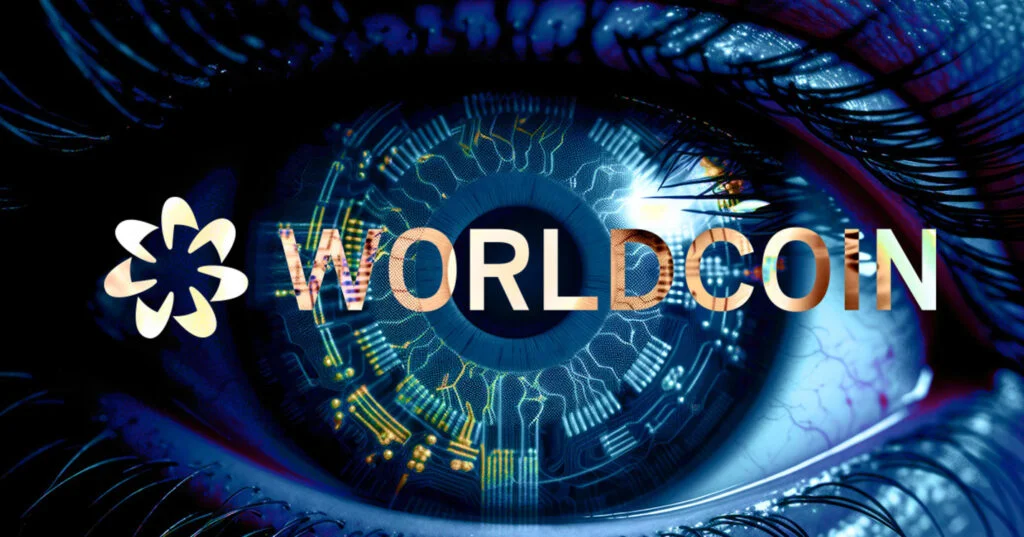Despite investigations in multiple regions of Europe, Worldcoin appears confident in its ability to expand its technology in the region.

Since its launch a month ago, the Worldcoin initiative has rapidly expanded its global footprint. As part of this objective, Worlcoin has decided to allow third parties to use its iris-scanning technology to create digital ID systems.
Additionally, the Worldcoin Foundation has pledged to adhere to data protection laws and collaborate with authorities to resolve privacy issues. They intend to provide a digital identity system enabling businesses to utilize their technology without gathering personal information. Using Worldcoin’s system, a coffee establishment could ensure that each customer claims only one complimentary beverage.
Worldcoin’s “iris-scanning” technology for creating digital IDs has sparked opposition in some parts of the globe. However, worldcoin has dismissed these concerns by asserting that its technology is more beneficial than harmful.
Worldcoin Moves Into Europe
Tools For Humanity’s General Manager for Europe, Ricardo Macieira, discussed Worldcoin’s mission to create a sizable financial and identity community. In May, investors such as Blockchain Capital, a16z crypto, Bain Capital Crypto, and Distributed Global provided them a substantial funding round of $115 million.
Macieira added that Worldcoin will expand its operations to Europe, Latin America, Africa, and other regions that recognize the cryptocurrency. The company’s website lists various possible applications, including distinguishing humans from artificial intelligence and assisting “global democratic processes.”.
They even propose a “potential path” to a universal basic income, although it is not assured. Please note that the Worldcoin project is already the subject of significant European investigations.
Macieira clarified that while they support the concept of a universal basic income, their primary objective is to create the infrastructure necessary for governments or other entities to implement such programs. “The idea is that as we build this infrastructure and that we allow other third parties to use the technology,” Macieira told Reuters.
